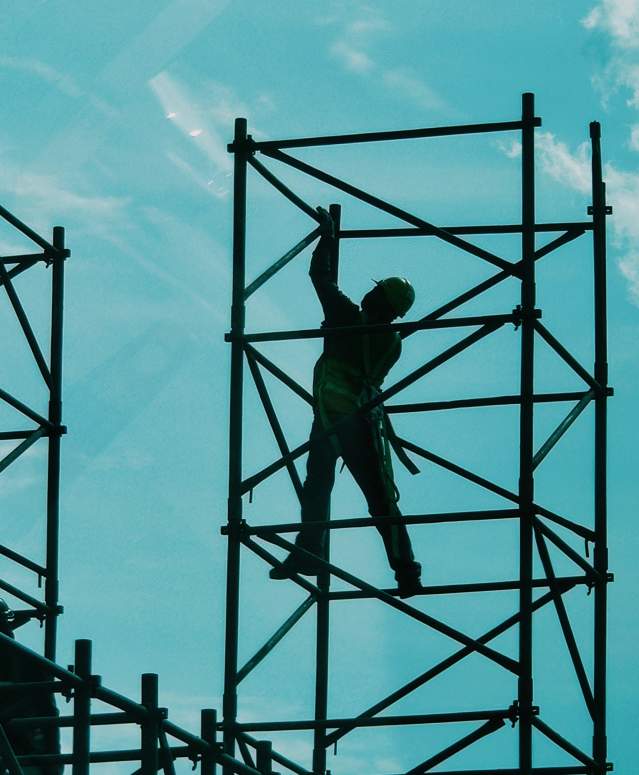Consents
Events run in New Zealand may require a resource consent (e.g. for significant noise or changes to the site of the event) and/or a building consent (e.g. for temporary structures and marquees).
If your event involves activities that could have an impact on the environment, traffic, or public safety you may require a resource consent. Resource consent processes are governed by the Resource Management Act 1991 (RMA), which is the primary legislation for the sustainable management of natural and physical resources in New Zealand.
The RMA requires district and regional councils to prepare a District or Regional Plan. These documents contain various policies and rules to manage environmental effects throughout the region.
- District Plan | Invercargill City Council
- District Plan | Southland District Council
- District Plan | Gore District Council
If your event cannot comply with the relevant rules, resource consent will have to be obtained before you can hold the event.
- Resource Consents | Invercargill City Council
- Resource Consents | Southland District Council
- Resource Consents | Gore District Council
Factors that may cause a resource consent to be required include (but are not limited to):
- Nature of the event – does the event change the existing use of the site you have chosen?
- Noise generated by the event – exceeding permitted noise limits can require consent.
- Duration of the event – consent is often needed if your chosen venue will exceed its normally permitted hours of operation during your event.
- Signage – consent may be needed for some signs (size, location and duration all factor).
Building consent is another consideration for event organisers, particularly if an event includes temporary structures or marquees. Building regulations are outlined in the Building Act 2004 and consents are issued by building consent authorities (BCAs) – usually local and district councils.
Make sure to contact your local council early in the event planning process to check whether your event will require a resource consent or building consent.
Tips:
Resource consent
There are a number of event activities that may require resource consent due to potential noise, environmental impacts, public safety, traffic management and other disruptions:
- Large-scale concerts or festivals – events that involve a large number of attendees, stages, amplified music, and built infrastructure.
- Outdoor sporting events – sporting events, especially those held in natural or sensitive areas such as waterways.
- Fireworks displays – organising fireworks displays often requires resource consent due to safety and environmental concerns.
- Markets and fairs – large-scale markets or fairs that involve temporary structures, increased traffic, and potential environmental impacts.
- Film or television productions – filming activities, particularly those involving the use of public spaces or natural areas.
- Weddings and private events – large weddings or private events held in outdoor locations, parks, or sensitive areas.
- Motor racing or motorsport events – events involving motor racing or other motorsport activities.
- Cultural or religious gatherings – large cultural or religious events that attract a significant number of people.
- Public demonstrations or protests – public demonstrations or protests may require consent, particularly if they are expected to attract large crowds or impact public spaces.
Building consent
Erecting temporary structures for events, such as stages, marquees, or grandstands, may require building consent due to safety concerns, and the potential impact on the landscape and surrounding areas.
- Building consent applications must be lodged a minimum of 20 working days before the date of your event.
- For events requiring larger or more complex infrastructure, it is recommended to lodge your application three to six months in advance.
- You will need a building consent for your event if you are using any of the following:
- Marquees over 100 square metres
- Complex marquees
- Stages over 1.5 metres high
- Scaffold structures
- Grandstands
- Portable buildings over 10 square metres
- Temporary artworks
Application process
Resource and building consent requirements can vary between regions and local councils so event organisers should contact the relevant local council early in the planning process to determine whether resource consent and/or building consent is required and to understand the conditions and procedures for obtaining consent. A recommended process is as follows:
- Contact the local council – get in touch with the local council in the area where the event is planned. They will provide guidance on whether resource consent and/or building consent is needed and the specific requirements for your event.
- Application process – if resource consent and/or building consent is required, you'll need to lodge an application with the local council.
- Because of the time it takes to process consent applications, it is important to apply early! In general, resource consent applications will take up to 20 working days to process (if there isn’t a need for public notification).
- For resource consent applications, you will need to provide details about the event, its impact, and any mitigations you plan to implement. For example:
- Description of the event, location, date, duration and how it will operate.
- Site plan showing layout of activities, buildings, parking areas, signs and other structures.
- Estimated attendees, including staff and contractors.
- Noise levels likely to result from the event.
- Signage for the event – details of what is proposed.
- Assessment of environmental effects including noise, increased traffic, changes to the use of public space and visual effects.
- Public notification – depending on the scale and impact of the event, the council may require a public notification process to be followed before it decides whether or not to issue a resource consent. This involves informing the public about your event and its potential effects, and allowing members of the public to make submissions. This process can take up to 70 working days so the more time you provide for the council to process your resource consent, the better.
- Council assessment – the council will assess your resource or building consent application. For resource consents, that will consider factors such as environmental impact, traffic management, noise levels, and any other relevant concerns. They may also consult with other agencies or stakeholders.
- Decision – the council will make a decision on your consent application. They may grant it as is, grant it with conditions, or decline it. If declined, you may have the option to appeal the decision.
- Compliance – if your resource or building consent is granted, you must comply with the conditions specified. Failure to comply may result in penalties or fines.
For up-to-date and detailed information, please visit the local council's official website or get in touch with their resource management, planning or building consents team. They can provide you with the most accurate and current information regarding resource consents and building consents for events.
Useful Links:
- Resource Management Act 1991 (RMA)
- Resource Consents | Invercargill City Council
- Resource Consents | Southland District Council
- Resource Consents | Gore District Council
- Consents | Environment Southland
- District Plan | Invercargill City Council
- District Plan | Southland District Council
- District Plan | Gore District Council
Have you considered?
- Do any of your event activities require resource consent?
- Do you have a large marquee, tent or grandstand that could require a building consent to erect?
- What permits may be required for your event? Visit our Permits section here.

